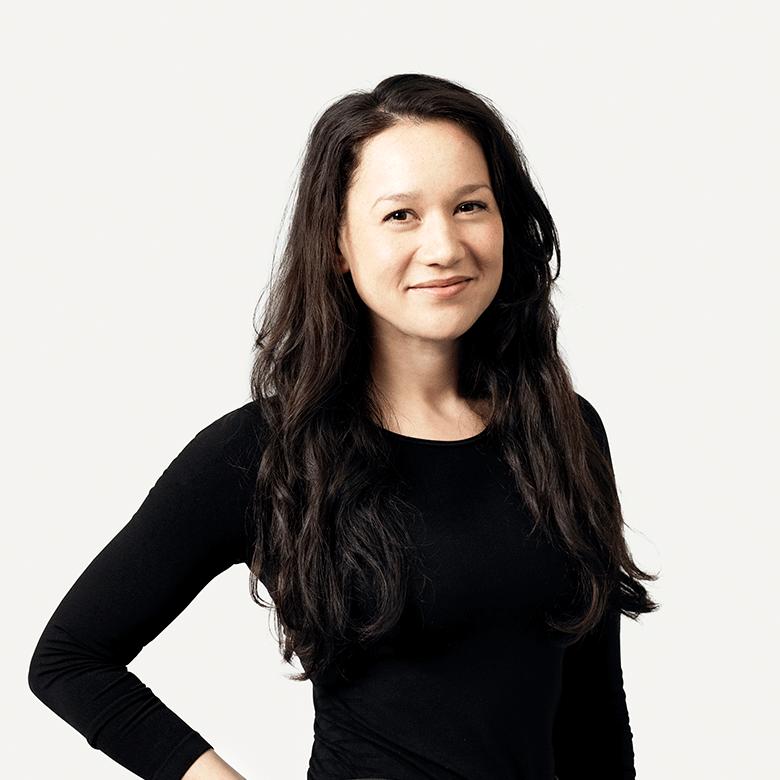I’ll be the first to admit I enjoy a good debate on social media. I enjoy the passion, the clap-backs, and even when people — only when deserved, of course — get put in their place. But, in recent years, this enjoyment has quickly dwindled because what I see scares me.
Like many people, I access most news stories via social media. Each day, I browse my feed for the top stories and, after I’m done with the headlines, I hit the comments.
And without fail, I always question why I do it to myself. The misinformation, the hate and the all-around stupidity are unfathomable. I then can’t help but scroll through the feed, no matter how long it takes until I find the one well-thought-through comment — the voice of reason.
I have to continually remind myself that most people with a sound point of view or at least some compassion, don’t comment. But, whether it's true or not, these opinions — supported by facts, some degree of empathy and delivered with respect — shouldn’t be that hard to find. Perhaps this is a true reflection of society?
“Climate change deniers and bigots may be permitted a voice but they should never go unchallenged, regardless of the platform.”
Social media’s feedback functions are a classic example of design that’s made it easier to engage while also making us complacent. First, they gave us the ‘like’ button and then, when engagement was likely lacking, they gave us six emojis. I know we’re all comfortable enough to throw out a 😍or a 👏 to show our support. But, why do we rarely 'talk' with content that genuinely matters?
Many of us might consider it beneath us to engage in the comments. Or we think it’s not worth our time, the battle’s too difficult or we don’t want to expose ourselves to attack. You might be called out, trolled or worse, someone more clever might swoop in to correct you for all the internet to see.
Or maybe you just think, "why contribute to all the noise?"
Why? We need to tip the balance. Much of our media is already an oozing cesspit of misinformation and hate. Social media alone has influenced numerous critical issues, from elections to murders, women's rights to environmental policy. And all the BS comments feed and amplify this activity.
If someone is wrong, party or individual, we need to say so. Our opinions need to be visible to change the course of the discussion – particularly on pervasive platforms like Facebook. Climate change deniers and bigots may be permitted a voice, but they should never go unchallenged, regardless of the platform.
Being the 'bigger person' and walking (or scrolling) away isn't always the best course of action.
On top of diluting all the crap, you’ve got a chance to give your opponent(s) something to think about and you might even change their mind. Break the routine of only talking with people that confirm your biases.
If all else fails and you leave a discussion angrier than before you started, you'll still have achieved the most important thing. You'll have given someone hope. Hope that people still genuinely care and that sanity in the world still exists.
- So, if you're knowledgeable about a topic – say it! Majority of the people commenting will often know nothing. That’s why we need you;
- Back up your factual claims with a source – people usually throw out the “studies show” line but don’t provide a link;
- Don’t feel obligated to reply (especially if they're just haters) – if you’re not comfortable with engaging in a debate, say your piece and turn off notifications;
- Be respectful (as much as humanly possible);
- If you don't want to comment, at the very least, show your support for other people, sometimes fruitlessly, putting themselves out there. If you share their sentiment, a simple 'like' is better than nothing.
And remember, people make clowns of themselves online every day, just don’t be the clown that said nothing when you should've.
Now, any comments?



